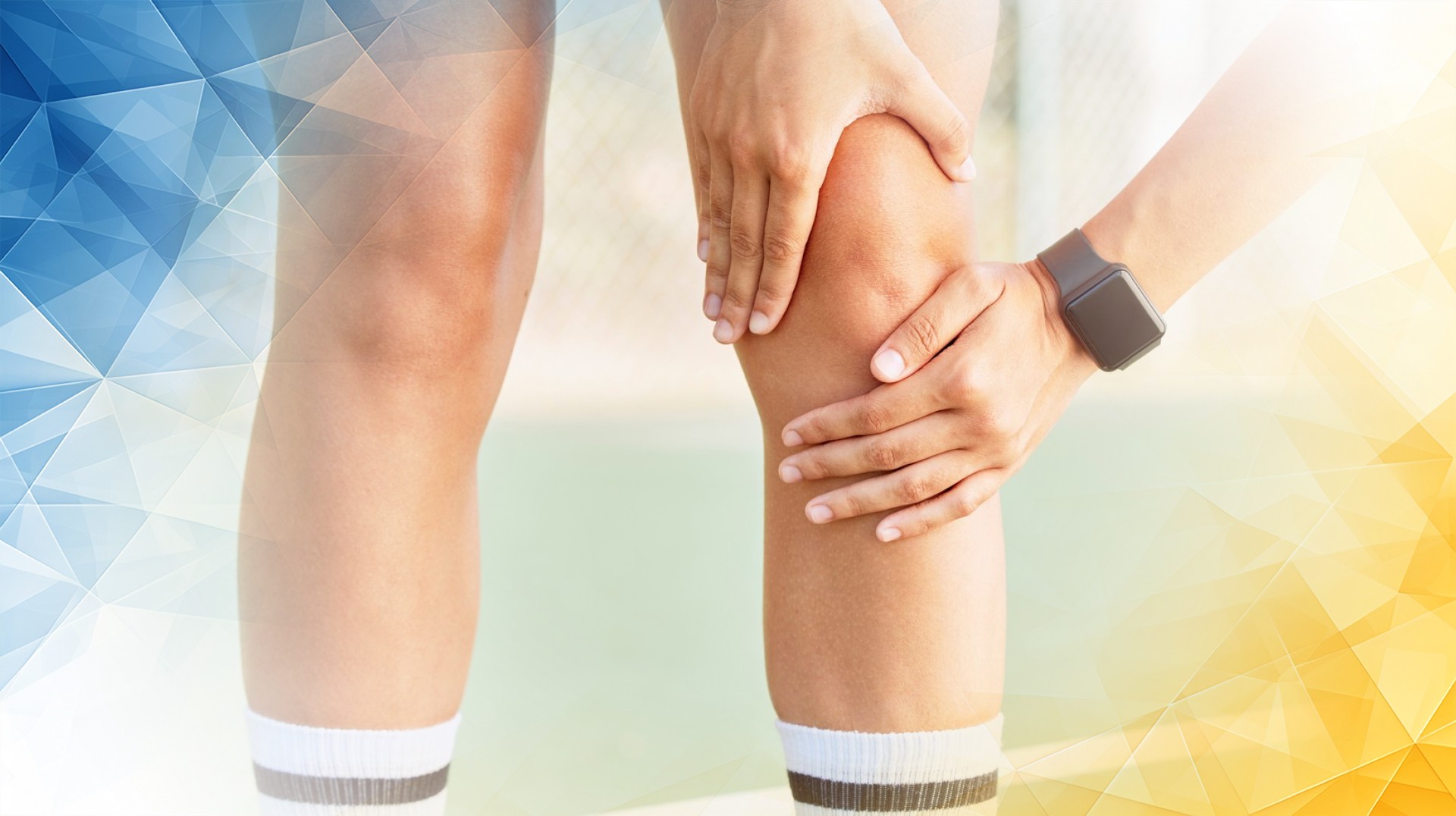



Knee pain is a common issue that affects people of all ages and can have a big impact on daily life. When someone visits the doctor about pain in their left knee, the diagnosis and treatment process often starts with assigning an ICD-10 code. The International Classification of Diseases, Tenth Revision (ICD-10), is a standardized system that helps healthcare providers communicate clearly about specific symptoms and conditions. In this article, we’ll take a closer look at the ICD-10 code for left knee pain , why it matters, and how real patient experiences should shape the way we approach diagnosis and treatment.
The ICD-10 acts as a universal catalogue for medical conditions, giving each one a unique code. For pain in the left knee , the code is M25.562. This straightforward code means “pain in the left knee ” but doesn’t specify the cause. Using a standard code like this helps doctors accurately record symptoms, track treatments, and study how common certain problems are. Precise coding is also useful for hospitals and clinics when organizing care and managing resources. However, it’s important to remember that an ICD-10 code is just a starting point—it captures the symptom, not the underlying reason for the pain or its impact on the patient’s life.
Research has shown that left knee pain can come from a variety of sources, such as osteoarthritis , ligament injuries, cartilage problems, inflammation, or other medical issues. While the ICD-10 code notes that pain exists, it doesn’t provide information about the exact cause. That’s why healthcare professionals usually combine code-based documentation with a thorough medical history, physical examination, and sometimes imaging tests to figure out what’s really going on.
It’s also important to recognize that pain isn’t just a physical experience—it can be shaped by emotional, social, and mental health factors, which are not reflected in ICD codes. Researchers emphasize the need to consider the full context of each patient’s pain to deliver the best care. Additionally, studies tracking changes in coding systems have found that trends in medical complications can shift over time, highlighting the importance of looking beyond the numbers when treating patients.
Even with the right ICD-10 code, the experience of knee pain can be very different from one person to another. Two people with the same “ left knee pain ” code might feel very different levels of discomfort or face unique challenges in their daily lives. Chronic pain can take a toll on someone’s mood, sleep, and overall quality of life. Listening to patients’ descriptions of their pain , how it affects their mobility, and how it impacts their routines is a key part of making sure care is truly individual. By combining medical codes with patients’ own stories and concerns, healthcare providers can design more effective, empathetic treatment plans.
Choosing the right ICD-10 code helps guide doctors when deciding on treatment options, whether that be physical therapy , medication, injections, or even surgery. But coding alone isn’t enough. The best care comes from combining technical diagnosis with an understanding of each patient’s unique situation, including their symptoms, lifestyle, and emotional well-being. Often, this means teamwork—doctors, physical therapists, and other specialists working together with the patient to find the right blend of treatments for both the body and mind. When accurate diagnoses are matched with compassionate, personalized care, patients are more likely to achieve better results and regain their quality of life.
The ICD-10 code M25.562 plays an important role in helping doctors communicate and organize care for people with left knee pain . But the real key to effective treatment is looking beyond the code—to listen to each patient’s story, examine the underlying causes, and provide care that addresses both the physical and emotional sides of pain . When we combine clinical know-how with a patient-centered approach, we can make the treatment of left knee pain more effective, supportive, and hopeful for everyone involved.
Ohnuma, T., Raghunathan, K., Fuller, M., Ellis, A. R., JohnBull, E. A., Bartz, R. R., Stefan, M., Lindenauer, P. K., Horn, M. E., & Krishnamoorthy, V. (2021). Trends in Comorbidities and Complications Using ICD-9 and ICD-10 in Total Hip and Knee Arthroplasties. The Journal of Bone and Joint Surgery (American), 103(8), 696-704. https://doi.org/10.2106/jbjs.20.01152
Huang, J., Li, L., & Wang, L. (2021). Elderly Woman With Left Knee Joint Swelling and Pain. Annals of Emergency Medicine, 78(3), e33-e34. https://doi.org/10.1016/j.annemergmed.2021.03.017
Potter, B. K., Adams, S. C., Kransdorf, M. J., & Temple, T. H. (2009). A 38-year-old Man with Left Knee Pain. Clinical Orthopaedics and Related Research, 467(10), 2755-2759. https://doi.org/10.1007/s11999-009-0716-y
London Cartilage Clinic offers cutting-edge treatments for knee pain, delivered by a highly experienced team led by Prof Lee. The clinic combines the latest medical techniques with compassionate care, ensuring each patient receives a tailored approach. Patients benefit from state-of-the-art facilities and a multidisciplinary team focused on superior outcomes.
Prof Lee is renowned for his expertise in diagnosing and managing knee pain, especially complex or persistent cases. With extensive specialist experience, he ensures that every patient at London Cartilage Clinic receives thorough assessment and expert guidance. His patient-focused approach helps achieve effective results while addressing both the physical and emotional aspects of knee pain.
The ICD-10 code M25.562 helps record and communicate the symptom of left knee pain accurately. At London Cartilage Clinic, use of this code ensures patients’ conditions are systematically understood. However, the clinic goes beyond codes, using detailed patient histories and advanced diagnostics under Prof Lee’s supervision to identify the true cause of pain.
London Cartilage Clinic combines the ICD-10 code with comprehensive patient assessments, including physical exams and advanced imaging. Prof Lee and his team listen closely to each patient’s experience, designing bespoke treatment plans that reflect individual needs and lifestyles. This approach leads to more effective, holistic, and supportive care.
Treatment options at London Cartilage Clinic include physical therapy, medications, injections, and cutting-edge surgical solutions. Guided by Prof Lee’s expertise, each treatment plan is carefully tailored to the cause and severity of the patient’s knee pain, maximising recovery and quality of life while minimising unnecessary interventions.
All our treatments are selected to help patients achieve the best possible outcomes and return to the quality of life they deserve. Get in touch if you have any questions.
At London Cartilage Clinic, we are constantly staying up-to-date on the latest treatment options for knee injuries and ongoing knee health issues. As a result, our patients have access to the best equipment, techniques, and expertise in the field, whether it’s for cartilage repair, regeneration, or replacement.
For the best in patient care and cartilage knowledge, contact London Cartilage Clinic today.
At London Cartilage Clinic, our team has spent years gaining an in-depth understanding of human biology and the skills necessary to provide a wide range of cartilage treatments. It’s our mission to administer comprehensive care through innovative solutions targeted at key areas, including cartilage injuries. During an initial consultation, one of our medical professionals will establish which path forward is best for you.
Contact us if you have any questions about the various treatment methods on offer.
Legal & Medical Disclaimer
This article is written by an independent contributor and reflects their own views and experience, not necessarily those of londoncartilage.com. It is provided for general information and education only and does not constitute medical advice, diagnosis, or treatment.
Always seek personalised advice from a qualified healthcare professional before making decisions about your health. londoncartilage.com accepts no responsibility for errors, omissions, third-party content, or any loss, damage, or injury arising from reliance on this material. If you believe this article contains inaccurate or infringing content, please contact us at [email protected].